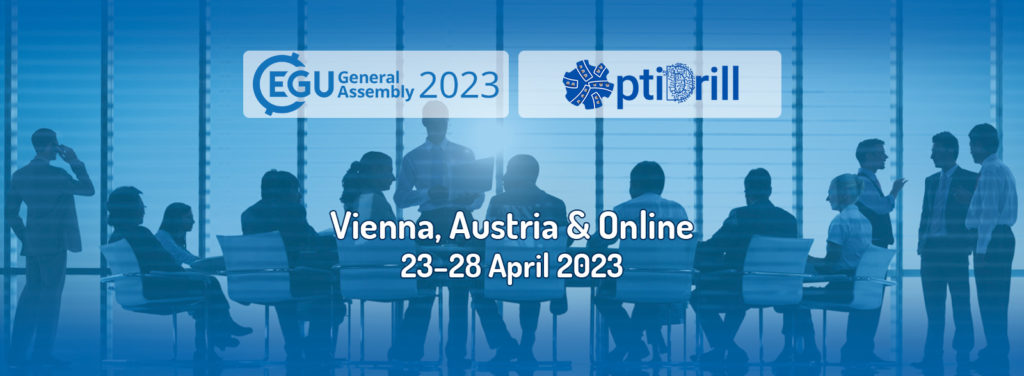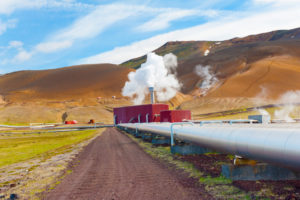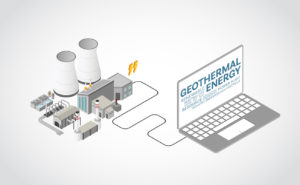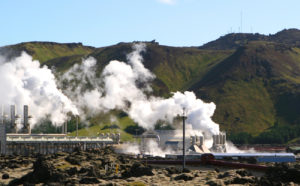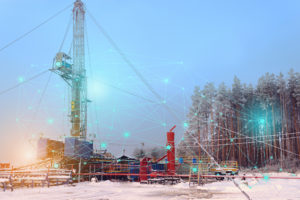OptiDrill’s partner Andrew Kingdon from British Geological Survey (BGS), will be presenting a paper on ‘Optimising the drilling process for geothermal wells using legacy oil field data and machine learning’ at the European Geosciences Union (EGU) general assembly on 23-28 April 2023 in Vienna, Austria.
The presentation will take place on 24 April at 14.05 CET and the paper is written in close collaboration between three OptiDrill partners, British Geological Survey (BGS), The Fraunhofer Institution for Energy Infrastructures and Geothermal Systems (IEG), and Geolorn Limited (GEO). Andrew will introduce and illustrate the recent development of OptiDrill’s drilling advisory system. Deep geothermal heat has the potential to provide low-carbon district heating, but there are significant challenges to overcome. One of the main challenges is the need to drill to several kilometres depth to find reliable high temperatures, which is expensive and time-consuming. Legacy hydrocarbon exploration boreholes can provide useful analogies for geothermal wells and the analysis of data from these wells can help to optimise the drilling process and reduce costs. The use of machine-learning algorithms, such as the Isolation Forest algorithm, can help to identify anomalous responses in data and to differentiate between drilling problems and operational or logistical difficulties. By developing remediation strategies based on these findings, it may be possible to de-risk deep geothermal heat projects and make them more attractive to investors.
The abstract for the paper can be accessed here.
The EGU General Assembly 2023 brings together geoscientists worldwide, covering all earth, planetary, and space sciences disciplines. The EGU aims to provide a forum where scientists, especially early career researchers, can present their work and discuss their ideas with experts in all fields of geoscience.
At the OptiDrill project, the British Geological Survey is working on data collection and curation. BGS have extensive data banks, including UKCS, along with a vast collection of cores recovered from many years of drilling. They also have a multi-disciplinary back-office team that assists greatly in the understanding of data and its efficacy in the ML process for the OptiDrill project. IEG brings their expertise in developing water and mud DTH hammers and has DTH hammer testing facility for the OptiDrill project. They will develop and test OptiDrill hammers and performs validation activities of OptiDrill systems. At the OptiDrill project, GEO leads the exploitation of the technology and industrial applications, commercialisation for technology and monitoring of industry benefits. GEO has global experience of deep geothermal drilling projects, equipment utilisation and shortcomings and is experienced in working with funding groups, risk rationalisation, mitigation and project management.
